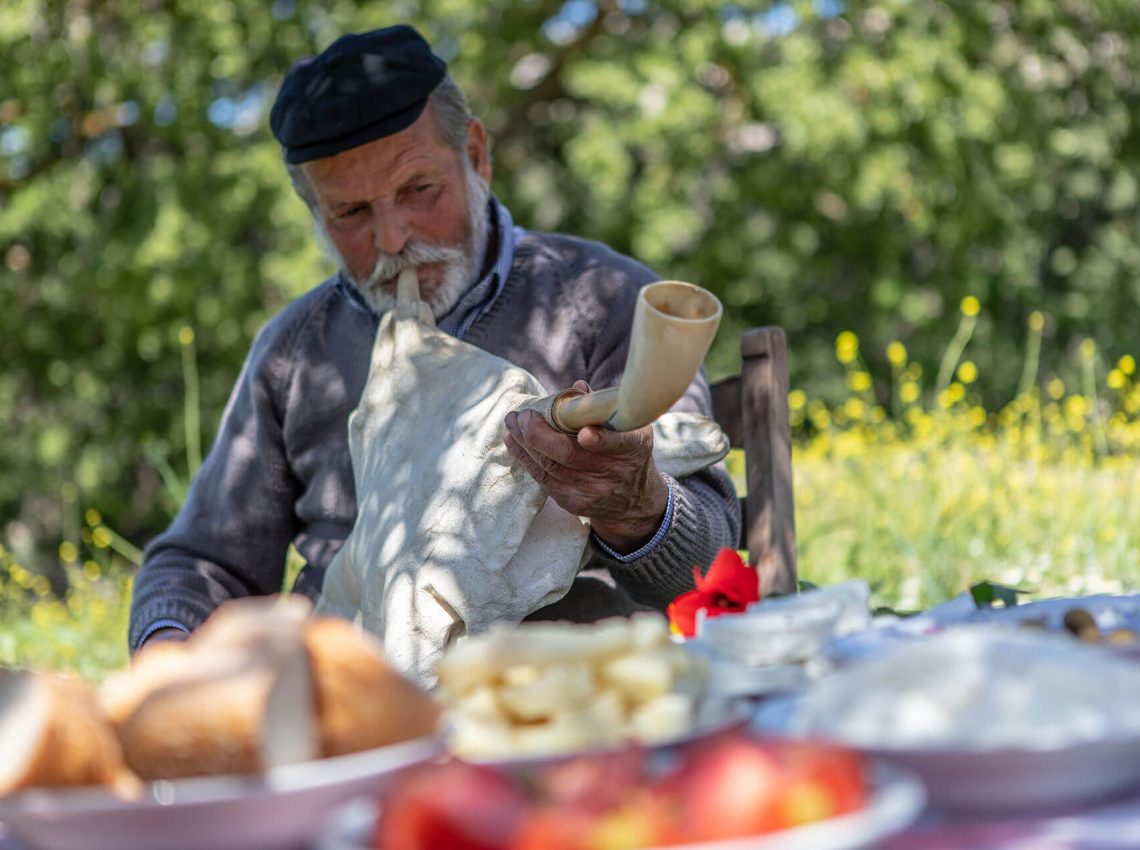Is Naxos a Sustainable Tourism Destination?

The day after the world opens its gates after the Covid crisis Greece will be among the top travel destinations. Another pleasant surprise is the Lonely Planet award to our country as ‘a sustainable food destination.’ Lonely Planet author Kate Armstrong notes that Greece ‘may not be known worldwide for implementing formal initiatives surrounding sustainable practices but informally, Greeks have been green for centuries.’
Furthering this idea and applying it specifically to popular Greek destinations, Naxos island fits the description perfectly. From the perspective of sustainability, Naxos reflects the key points which define a sustainable tourist destination.
More specifically, according to the World Tourism Organization (UNWTO), Sustainable Tourism ‘takes full account of its current and future economic, social and environmental impacts, addressing the needs of visitors, the industry, the environment and host communities.’Based on this definition, let’s take a closer look at the uniqueness of Naxos and where the island stands on the ‘sustainability map of Greece:
Naxos is the largest island of the Cyclades group, which includes Santorini and Mykonos, the leading flagship islands of our national tourism industry. Although in close proximity to both, Naxos maintains its own particular character which has remained unspoiled throughout the years. Unlike the other Cycladic islands which are mostly rocky and barren due to their geological formation, Naxos has always been rich in natural water resources and fertile plains contributing to significant agricultural production and farming creating its self-sufficient and sustainable character since prehistory.
Nevertheless, over the past decade the popularity of the island has increased tremendously creating an influx in tourism. Rapid response to the demand has resulted in an unparalleled choice of accommodation including selected villas and hotels where visitors can enjoy the luxuries of an idyllic setting while experiencing an unspoiled destination full of local flavor and authenticity. The most amazing aspect of the island’s sudden economic growth is that over 85% of hotel and villa owners are locals with a very limited number of investors non related to the island.
Until now, Naxos has preserved its authentic environmental and sociocultural characteristics without adopting massive tourism practices which inevitably result in overtourism issues and which other islands have experienced… In other words, limited presence of gigantic cruise ships, no international ‘all-inclusive’ resort chain hotels, no foreign global conglomerate investments, no excessive gas emissions in the atmosphere or the seas, no dreadful carbon footprint on the island’s natural environment. Naxos still belongs to the Naxians and they deserve full credit for the development of hospitality on their motherland! The profit from tourism remains in the hands of locals who usually re-invest in further business opportunities using exclusively local providers and creating future jobs.
Of special importance is the fact that Naxos is the only Cycladic island that basically does not rely economically on tourism. As a matter of fact, growth has worked in reverse: more than 40% of the island’s economy is based on the primary and secondary sectors while entrepreneurship in tourism has developed as a result of the two first. Specifically, food, for example. Essentially all food sources are produced locally on Naxos, such as all kinds of seasonal vegetables, dairy products, meat and fish. Once the island’s production is met providing excess for sharing, then, in turn, the tourism businesses offer these great products to their customers honouring, in this way, a real application of the “farm to table” popular concept. Furthermore, as a result of the intense primary sector activity, visitors to Naxos interested in finding authentic experiences will find, in rural areas of the island, genuine farmers and locals willing to share their local culture. Since “Greece has been green for centuries” according to Lonely Planet, then, definitely, Naxos, as a scale model of the whole country, has always been green in many ways, as well!
Finally, there is no staged tourist space on Naxos. Instead, a great part of the island’s charm, which attracts travellers from around the world, is the natural environment with its untouched beaches and outstanding mountain trails. And, last but not least, travellers are delighted by the feeling of a true discovery when taking the time to delve deeper into the legacy of Naxos’ cultural sites and continuous history covering all historical periods from pre-history to glorious archaic days, from roman presence to byzantine tradition and living medieval architecture.
So, is Naxos a Sustainable tourism destination?
Considering the island’s dynamics, Naxos is a paradigm of sustainable tourism development. However, local sustainability practices on Naxos were not born from intentional green design research nor officially implemented after strategic planning. Our island has been blessed with the prerequisites for a future of sustainable tourism and will soon again be at the top charts of Greek island destinations noted for highly rewarding off the beaten path experiences in a magnificent and authentic setting. We now have the knowledge and have learned from the past mistakes of other destinations.
Locally we have realised the value of our island as a rough diamond and that we need to treat our treasure as such. The road leading to success would highlight the design of a long- term strategy which secures the benefits of tourism while, simultaneously, aims at upgrading local living standards, preserving the charming authentic character of Naxos, respecting the landscape, the rich historical heritage with its monuments and, of course, the living cultural heritage reflected in the people and their values which enhance intercultural understanding.
Katia Mavrelli
Greek Tourism Professional
Founder & Managing Director at Naxos Cultural Tours










